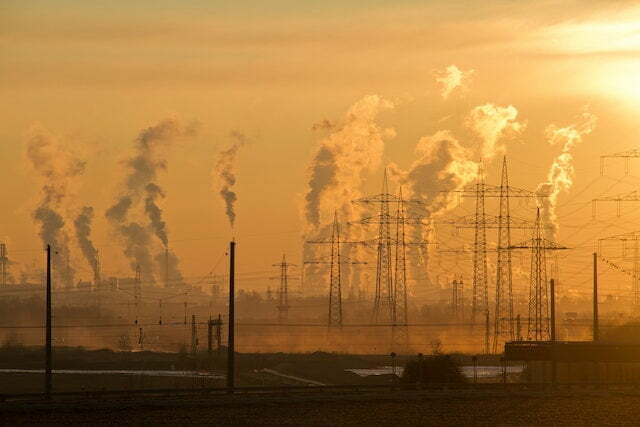
The Impact of Climate Change on Health: Understanding the Risks and Taking Action
Climate change is one of the most significant challenges facing our planet today, and its impacts are felt far beyond the environment. One of the most concerning effects of climate change is its impact on human health. Rising temperatures, changing weather patterns, and increased frequency of natural disasters are all contributing to a range of health risks for people across the globe. Understanding these risks and taking action to mitigate them is essential to protect the health and well-being of individuals and communities worldwide.
The impacts of climate change on human health are far-reaching and complex. Some of the most significant risks include:
1. Heat-related illness
Rising temperatures increase the risk of heat exhaustion and heatstroke, especially for vulnerable populations such as the elderly and people with preexisting medical conditions. Heatwaves can also exacerbate respiratory and cardiovascular problems.
2. Increased air pollution
Higher temperatures and changing weather patterns can lead to increased air pollution, which can worsen respiratory conditions and increase the risk of heart disease and stroke.
3. Spread of vector-borne diseases
Changes in temperature and rainfall patterns can create new breeding grounds for disease-carrying insects such as mosquitoes and ticks, leading to an increased risk of diseases such as malaria, dengue fever, and Lyme disease.
4. Food and water insecurity
Climate change can disrupt agricultural production and reduce the availability of clean water, leading to malnutrition and dehydration.
5 .Mental health impacts
Climate-related natural disasters can cause trauma, displacement, and social disruption, leading to mental health problems such as anxiety and depression.
6. Extreme weather events
Climate change is leading to more frequent and severe weather events such as hurricanes, floods, and wildfires, which can cause physical injuries, displacement, and long-term mental health impacts.
To mitigate these risks, it is essential to take action on both a global and individual level. On a global level, reducing greenhouse gas emissions is crucial to slowing the rate of climate change and mitigating its impacts. Governments and businesses must work together to reduce emissions and transition to renewable energy sources.
On an individual level, there are many steps that individuals can take to protect their health and reduce their carbon footprint. These include:
1. Reducing energy consumption
Use energy-efficient appliances and reduce energy use whenever possible.
2.Using public transportation or electric vehicles
Reducing reliance on fossil fuel-powered cars can significantly reduce emissions.
3. Eating a plant-based diet
Animal agriculture is a significant contributor to greenhouse gas emissions, and reducing meat consumption can significantly reduce an individual’s carbon footprint.
4. Reducing waste
Recycling and reducing waste can help to reduce emissions from landfills.
5. Advocating for change
Encouraging policy makers and businesses to take action on climate change is critical to creating lasting change.
In conclusion, the impacts of climate change on human health are significant and far-reaching. Understanding these risks and taking action to mitigate them is essential to protect the health and well-being of individuals and communities worldwide. Governments, businesses, and individuals must work together to reduce greenhouse gas emissions and take steps to adapt to the changing climate. By taking action today, we can ensure a healthier and more sustainable future for ourselves and future generations.



